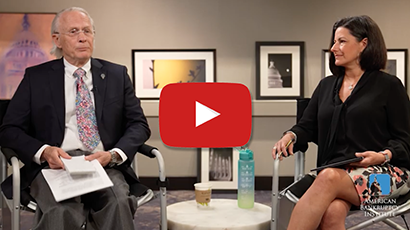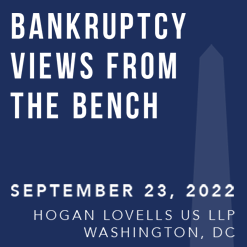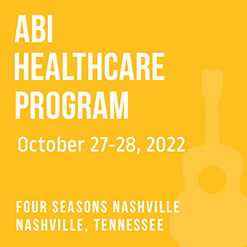| |
| |
| vol 19, num 1 | September 2022 |
| |
|
|
| |
|
|
|
|
|
| |
| Can This Hospital Be Saved? Signs of Restructuring Potential |
| Throughout the COVID-19 pandemic, health care organizations received substantial temporary funding relief. As this funding ends, financial difficulties existing prior to this public health emergency are resurfacing and may be more severe. Staffing and supply shortages continue, patient use of services has not normalized, and inflation in all operational areas — wages, supplies, medications and equipment — is trending upward at an alarming rate.
Despite the increasing challenges, financially troubled health care organizations can be repositioned toward long-term sustainability. In many communities, health care organizations are major contributors to the local economy and often the largest employers. Everyone has personal connections to them through the people who work there and the people who receive care, and communities can be highly incentivized to do the work necessary to save their local hospital or nursing home.
|
| |
|
|
|
|
| |
|
| |
| Residential or Nonresidential Determination as to a Commercial Lease: Implications and Strategy |
| Whether a lease constitutes a lease of residential property or of nonresidential property can significantly impact the reorganization effort of a chapter 11 debtor-lessee. Questions may arise as to whether a lease entered into as part of a commercial transaction in which the debtor-lessee neither resides nor intends to reside in the leased premises constitutes a lease of residential or of nonresidential real property. Debtors operating skilled-nursing, assisted-living and other longer-term-care facilities should be aware of the implications of the residential/nonresidential determination.
Leases involving residential real property are governed by Bankruptcy Code § 365(d)(2), while leases of nonresidential real property are subject to § 365(d)(3) and (3)(4). Section 365(d)(4) provides a debtor-lessee with 210 days in which to assume or reject an unexpired lease of nonresidential real property, plus a potential additional 90 days, which the court can order for cause. Thereafter, there can be no further extension without the lessor’s consent. If the debtor takes no action, such lease will be deemed rejected.
|
| |
|
|
|
|
| |
|
| |
| Interview with Tom Califano |
| Tom, thank you for talking with me. I’ve been doing a lot work on CCRC cases, but it seems like your cases, and in particular I’m thinking about the Amsterdam restructuring, it seems like you get a very positive outcome. And I was wondering, what do you think is necessary for a successful restructuring case?
Thank you for saying that. I think there are a bunch of things that play into continuing care retirement communities (CCRCs), and really any health care company. There really are a few things that I think are unique to health care that make for success. One thing is, you really have to plan in advance, because these cases have to go quickly; they don’t get better with age. You need the confidence of people that if they enter that the organization is going to survive. So, you really have to spend time thinking about what can be done and how to get there very quickly. You have to think ahead.
|
| |
|
|
|
|
| |
|
| |
| Industry Viewpoints: Health Care |
 |
| Listen in as ABI Editor-at-Large Bill Rochelle speaks with Cynthia Romano of CohnReznick about current distress in the health care sector and what may lie ahead. Romano co-chairs ABI's Health Care Committee and spoke on a panel addressing health care at ABI's 2022 Annual Spring Meeting. |
| |
|
|
| |
|
|
|
|
|
|
|
|
|
| |






